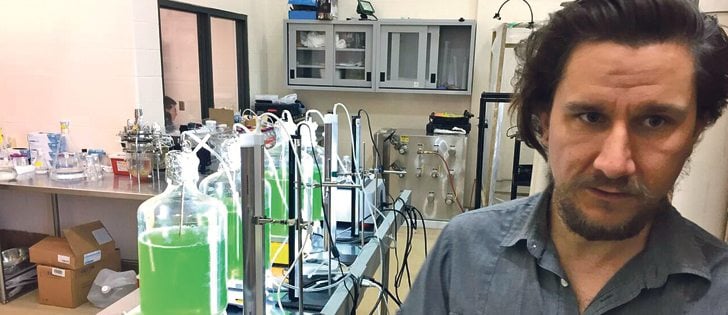Yorkton isn’t the kind of dream destination that commonly attracts the powerful movers and shakers of the food industry.
But last week, in the hall of St. Mary’s Catholic Cultural Centre, executives of all North America’s major oat processors and product manufacturers were present at the Prairie Oat Growers Association.
These weren’t just junior flunkies sent to put in an appearence for the company and bring back a report for the bosses. They were the bosses themselves, often with a number of staff with them. Half the room seemed to be from Minneapolis, where some of the biggest food companies are based.
Read Also

High prices see cow-calf producers rushing to incorporate
Farm accountants are reporting a steady stream of cow-calf producers rushing to get their operations incorporated ahead of selling their calves this fall.
Why this interest in Yorkton, which is a real pain in the donkey to get to? (It isn’t easy to fly to Regina from Minneapolis, Washington or any of the other places the corporate set came from. After getting to Regina, you’ve got to drive to Yorkton in generally bad weather conditions.)
The answer is: this part of the Canadian prairies, which stretches from Saskatoon to Winnipeg, is where virtually all of the human quality oats are produced in North America. U.S. production has collapsed and is irrelevant in the market. A few pockets of high quality oats are produced in Alberta. But almost all the Cheerios and Quaker oats that are produced come from the farmland that lies to the east and west of Yorkton, and the farmers from these parts are key to the success of companies like General Mills and Quaker in getting a steady supply of good oats for their marquee products.
With U.S. production falling and this tiny part of the world central to the businesses of these major companies, it makes sense that they’d come to Yorkton to rub shoulders with humble Saskatchewan and Manitoba farmers. It’s probably their best chance of the year to sit down to chat – over a luncheon of egg salad sandwiches, beef barley soup and weak coffee – with the people who grow their commodity. Yet it still seems odd to find them in a place like that, and realize the power and influence prairie farmers have when they make those crucial springtime decisions on what crops to seed.















